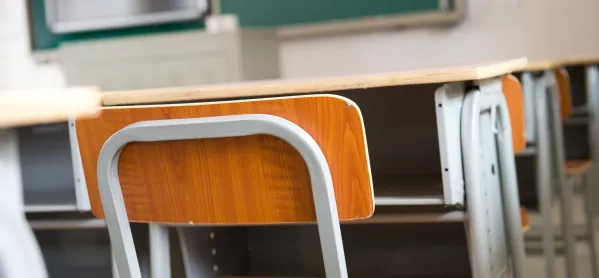The Department for Education doesn’t know how many pupils on free school meals attended school in lockdown, Tes can reveal.
And school leaders have now questioned how the government will know, therefore, how much catch-up support disadvantaged pupils will need in September.
The DfE says that even after schools opened up to more pupils in particular year groups from 1 June, it still collected no specific lockdown attendance data on pupils apart from whether they were children of key workers or vulnerable children.
Coronavirus: £1 billion ‘Covid catch-up plan’ unveiled
News: Catch-up scheme ‘to focus on pupil premium children’
Exclusive: Covid-19 ‘widens achievement gap to a gulf’
Paul Jackson, headteacher of Manorfield Primary School, in Poplar, East London, said: “If [the DfE] had some concept of the number of FSM children that had been back at school, it might drive, to some extent, how the catch-up money was being distributed. It might drive their expectations on future outcomes for these children.
Coronavirus: Questions over catch-up funding for disadvantaged pupils
“What is the government basing its future expectations on if it doesn’t even know if these children have been at school or not?”
The DfE announced a £1 billion Covid catch-up fund for schools last month, including £350 million specifically for to help disadvantaged pupils
But school business leadership consultant Hilary Goldsmith said: “It certainly begs the question as to how the DfE came up with the sum needed to fund catch-up when they have no idea how many children it might be relevant to.”
In guidance issued in May, the DfE said its educational setting status form (through which all educational settings should submit daily attendance figures) would not be collecting “pupil-level data”.
A DfE spokesperson said: “Our £1 billion Covid catch up fund is to support all children and young people, tackling the impact of lost teaching time as a result of the pandemic.
“Headteachers and school leaders are best placed to make decisions about their pupils and which of them need the most support, which is why they will have the flexibility to decide how to spend this money in their best interests.”




